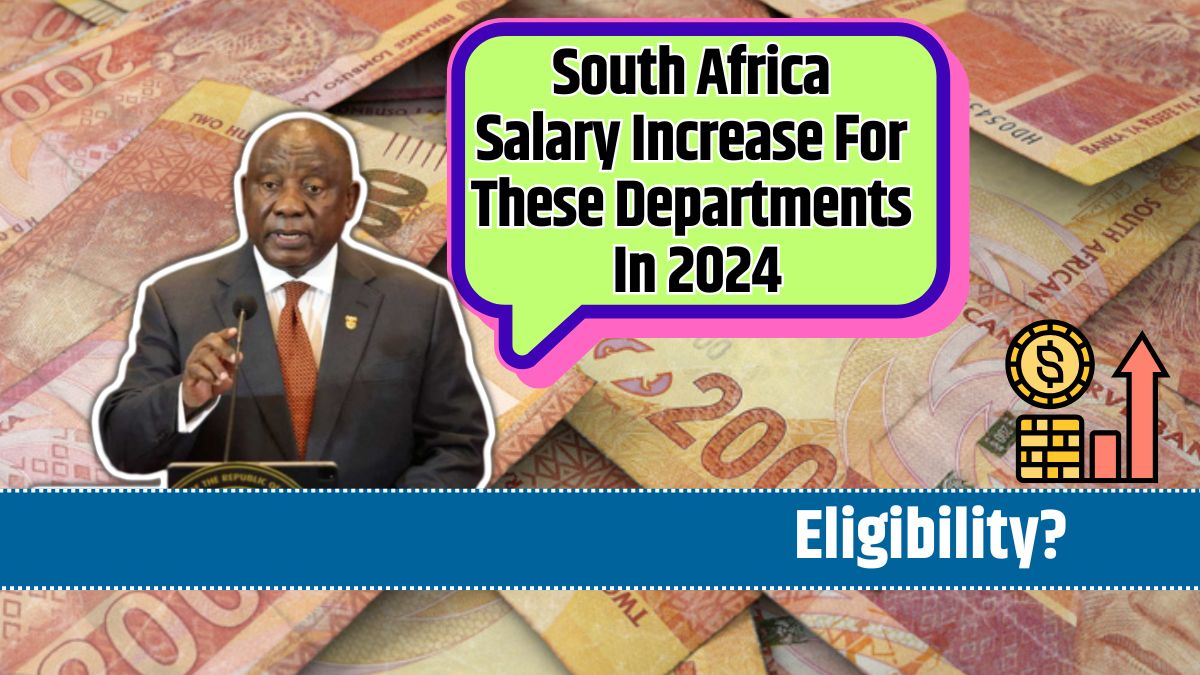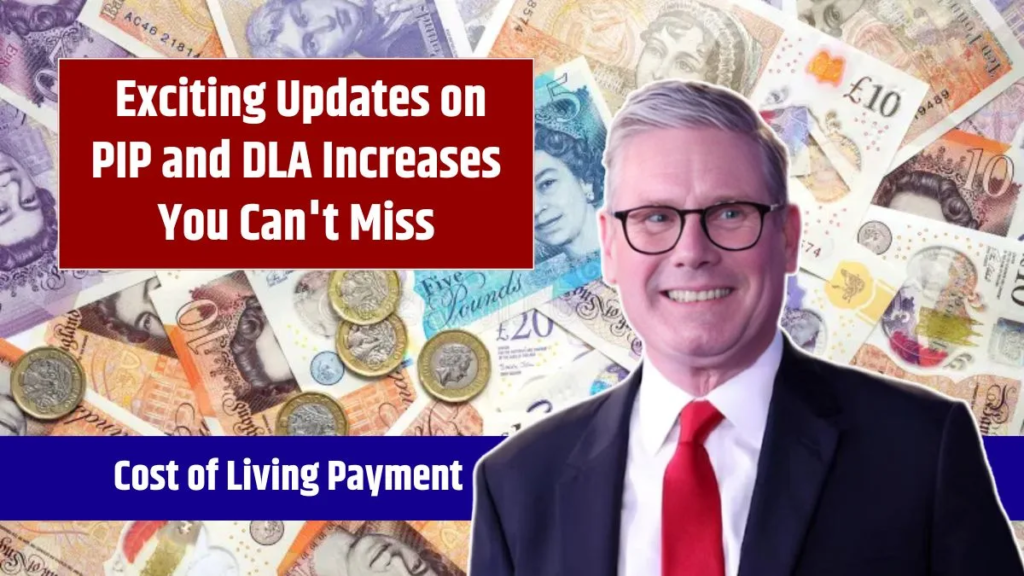As of April 1, 2024, South African public servants in national and provincial departments will receive a 4.7% salary increase, as announced by the Minister for the Public Service and Administration, Ms. Noxolo Kiviet.
This adjustment targets non-Senior Management Service (SMS) employees on salary levels 1 to 12.
While this decision aims to balance fair compensation with fiscal prudence, it has drawn mixed reactions from stakeholders, including trade unions.
Key Highlights of the Salary Increase
Scope of the Increase
- Effective Date: April 1, 2024.
- Eligibility: Public servants in national and provincial departments, excluding senior management.
- Increment: 4.7% wage increase.
Fiscal Responsibility
Minister Kiviet emphasized the government’s commitment to balancing the country’s economic realities with competitive compensation.
The wage increase aligns with efforts to attract and retain talented public servants while maintaining fiscal discipline.
Government’s Commitment to Public Servants
Minister Kiviet stated that the government is focused on making the public sector an employer of choice by combining monetary rewards with opportunities for personal and professional growth. Initiatives include:
- Fair Compensation: Ensuring wages remain competitive despite budget constraints.
- Development Opportunities: Offering programs to enhance skills and career progression.
The government has allocated significant resources to public sector salaries:
- 2024/25 Fiscal Year: R754.2 billion, a R33.1 billion increase from 2023/24.
- Future Projections: Spending is expected to reach R822.5 billion by 2026, representing 30% of the total national expenditure.
Trade Union Reactions
The 4.7% increase has faced pushback from major trade unions, which argue that it fails to match inflation.
Unions Rejecting the Increase
- Nehawu, Popcru, and Sapu: Representing 300,000+ workers, these unions have threatened to strike unless the government improves its offer.
- Concerns: They claim the wage hike falls below the consumer inflation rate and undermines workers’ purchasing power.
Public Servants Association (PSA)
- Position: Monitoring inflation to ensure alignment with the government’s offer.
- Statement: PSA General Manager Reuben Maleka emphasized the need to adjust the increase if inflation exceeds projections.
Financial Implications
The salary increase significantly impacts government spending, given that public servant salaries account for a substantial portion of the national budget.
Budgetary Breakdown
| Fiscal Year | Projected Spending on Salaries |
|---|---|
| 2024/25 | R754.2 billion |
| 2025/26 | R788.6 billion |
| 2026/27 | R822.5 billion |
These figures highlight the challenge of balancing wage increases with other national priorities, given the limited fiscal space.
Additional Benefits Under Negotiation
Public servants may also see adjustments in other compensation areas:
- 1.5% Pay Progression: Based on years of service and performance.
- Housing Allowance: Ongoing discussions to align with inflation.
- Medical Benefits: Separate negotiations are underway to address healthcare cost increases.
Challenges Ahead
The announcement of the 4.7% increase underscores ongoing tension between the government and public sector unions.
While the government aims to uphold fiscal discipline, unions argue the hike falls short of addressing workers’ financial needs amid rising inflation.
If unions follow through on strike threats, disruptions to essential public services, including education, healthcare, and law enforcement, could occur.
These potential challenges highlight the need for continued dialogue to find a middle ground.
The 4.7% salary increase for public servants reflects the South African government’s effort to balance fiscal responsibility with fair compensation.
While some see this as a positive step toward supporting public servants, union opposition signals potential turbulence ahead.
The outcome of ongoing negotiations, particularly regarding housing and medical allowances, will likely determine whether public sector workers feel adequately supported in 2024 and beyond.
















